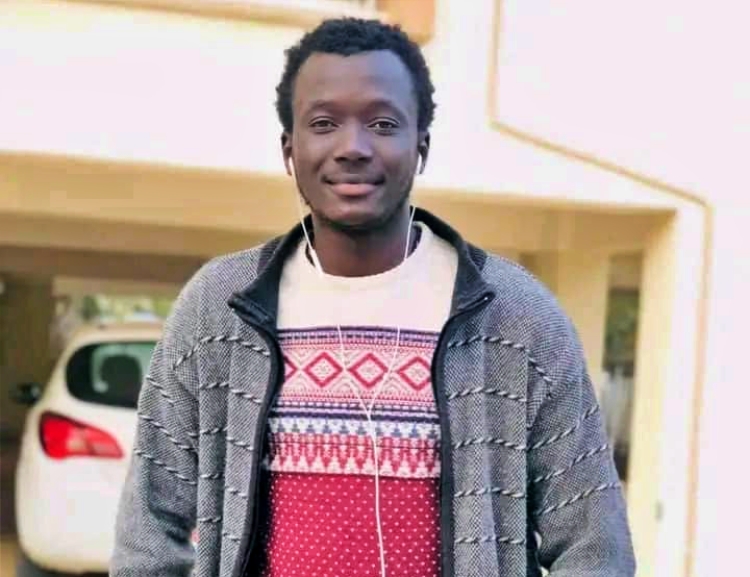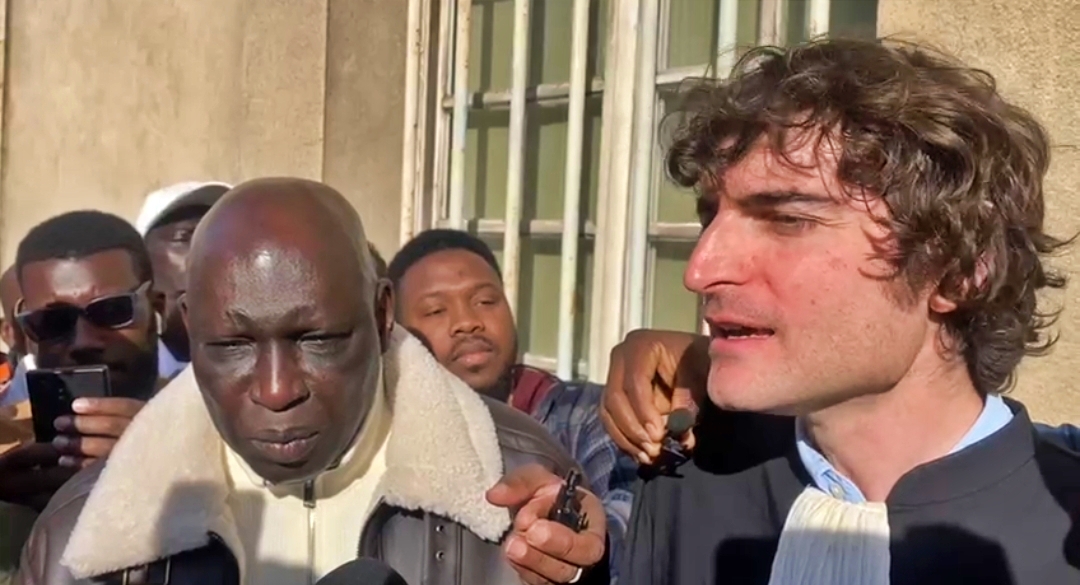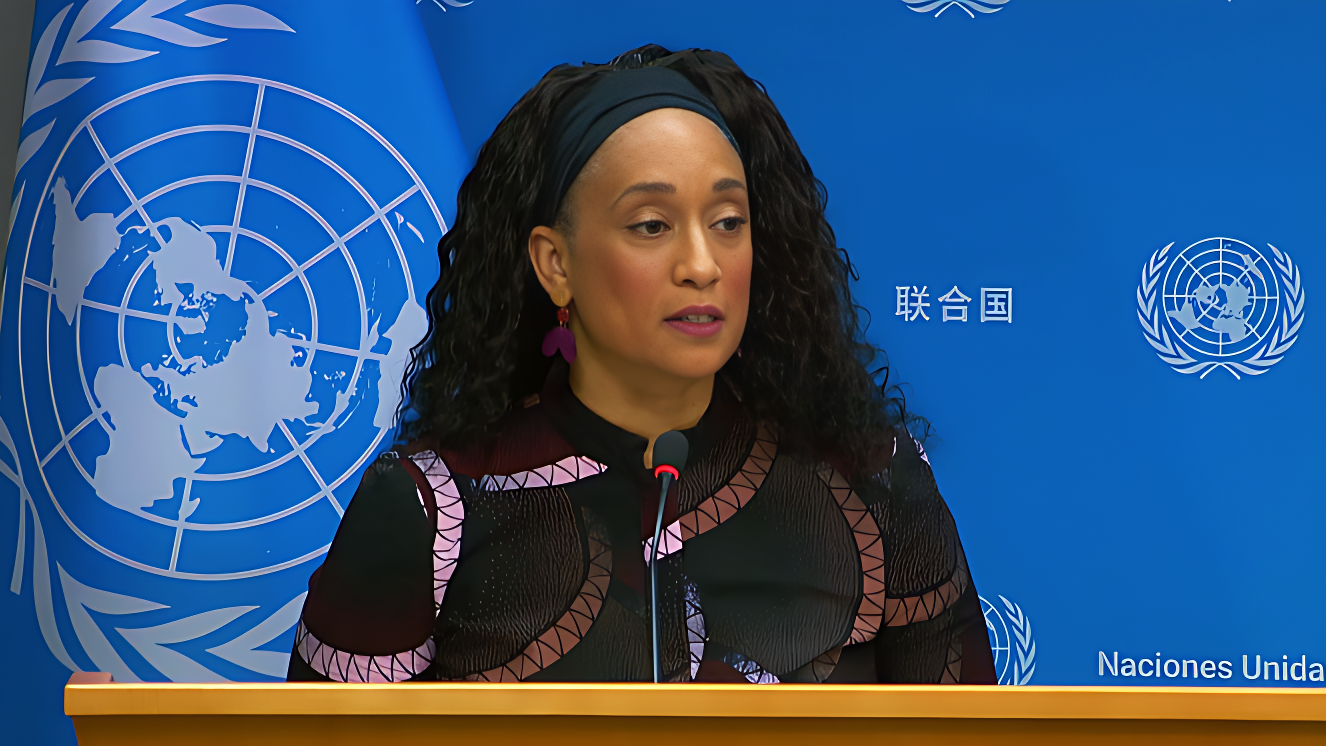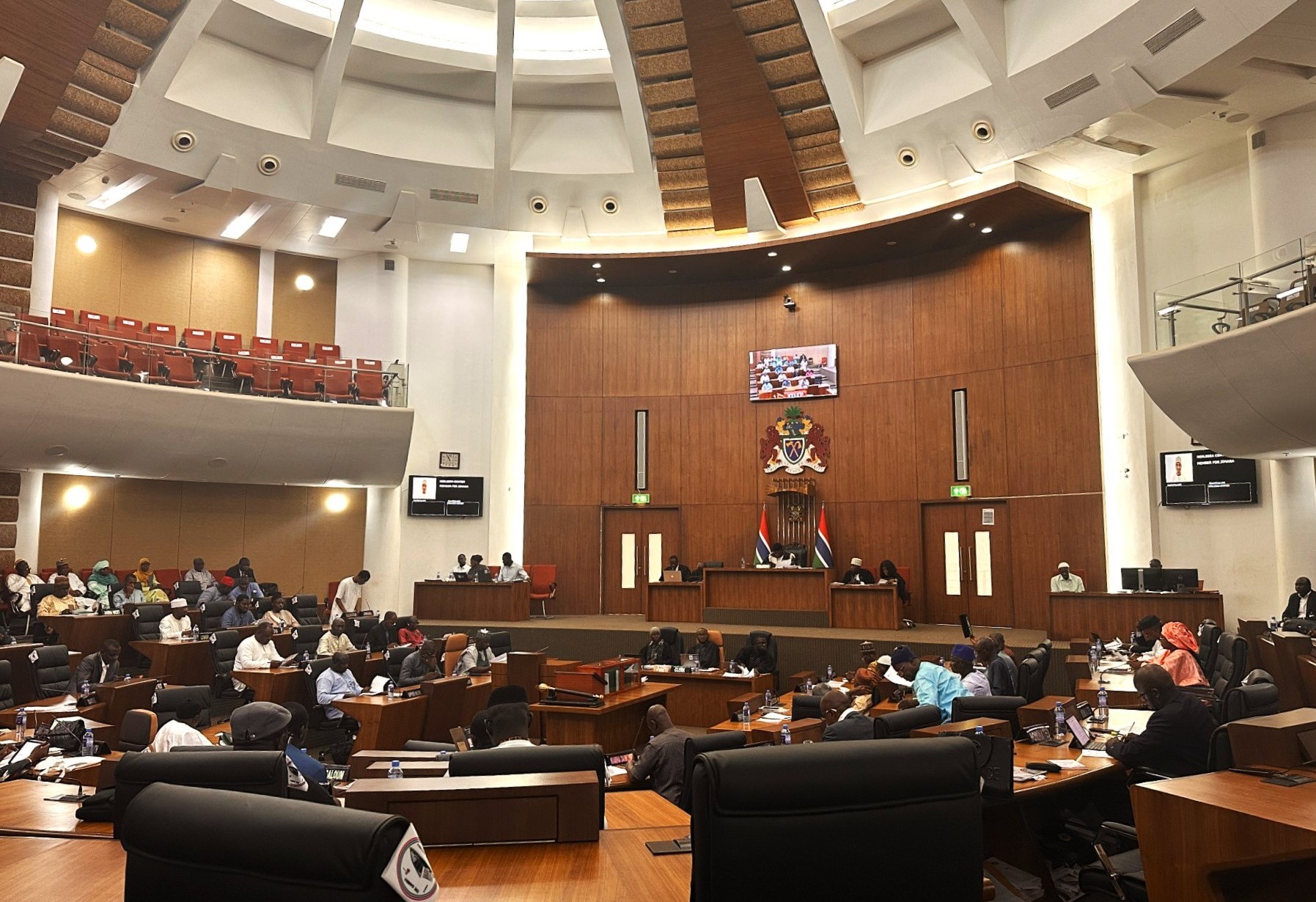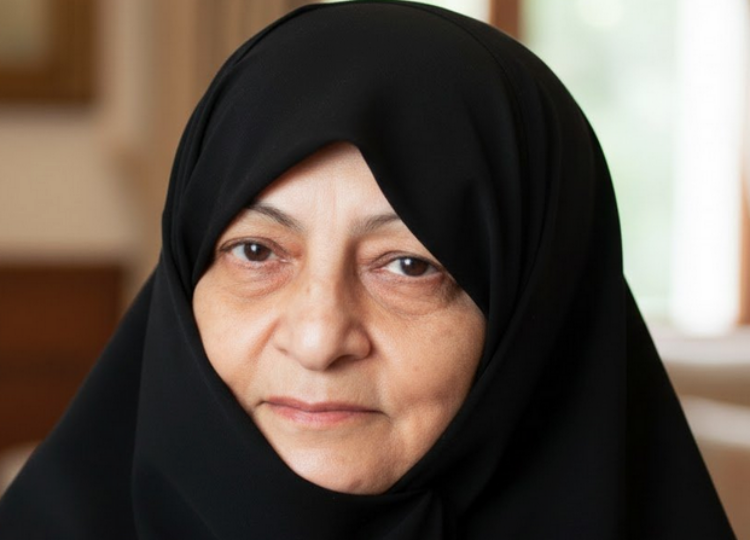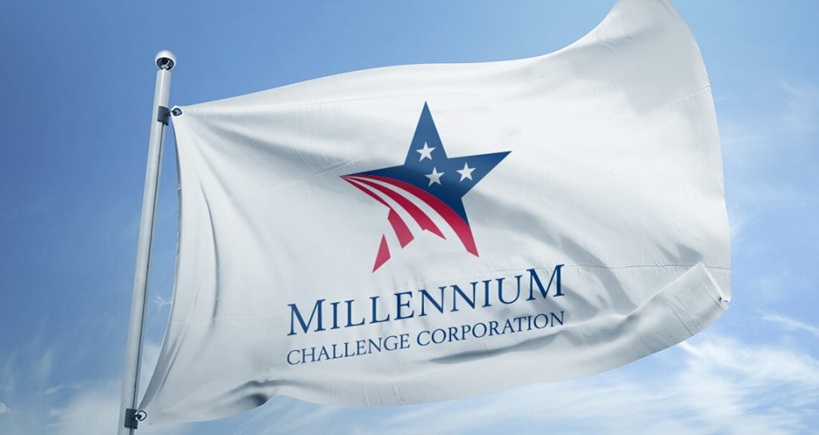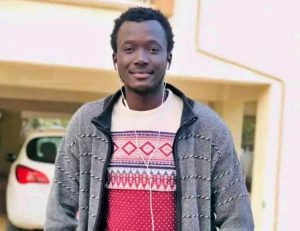Gambiaj.com – Dakar, Senegal – Senegal’s ambitious $600 million energy infrastructure project, co-financed by the United States Millennium Challenge Corporation (MCC), faces an uncertain future following an abrupt order by former President Donald Trump’s administration to shut down the American aid agency within 40 days.
The MCC, a development agency known for its results-driven investments in developing nations, confirmed Friday that its compacts will be terminated soon, except for four countries — Senegal, Côte d’Ivoire, Nepal, and Mongolia — where limited extensions have been granted.
Senegal, one of the key African beneficiaries of MCC funding, has received a three-month extension to secure construction sites and ensure public safety as the agency winds down operations. A staffer from MCC explained, “The goal is so someone is not going to fall into a pit or something… Whether or not we’ll be successful, I don’t know.”
The second and current MCC compact in Senegal — worth $550 million from the U.S. agency and $50 million from the Senegalese government — is focused on expanding access to electricity in rural and peri-urban areas. Known as the Power Compact, the initiative has already made significant headway and was expected to conclude in 2026. However, the sudden halt raises questions about its completion and sustainability.
The shutdown order, issued Wednesday by the Trump administration, marks a dramatic end to a U.S. foreign aid model that began under President George W. Bush in 2004. The MCC was designed as a “smart aid” initiative, tying large-scale infrastructure investments to strict benchmarks for democratic governance, economic transparency, and anti-corruption.
In Senegal, the MCC has left a deep imprint. The country’s first compact, valued at nearly 400 billion CFA francs, focused on roads and water infrastructure in the underserved eastern and southern regions. The second, currently underway with an investment of about 330 billion CFA francs, is dedicated to energy access — a vital need in the country’s rural zones.
Despite the extension, the pressure is mounting on Senegalese authorities. Omar Diop, Director of MCC-Senegal, has reaffirmed the country’s commitment to continue engaging suppliers and partners even in the absence of continued American funding. But analysts warn that this pledge may be difficult to maintain.
“The state is under severe financial constraints. Its fiscal space is shrinking, and resources are largely tied up in salaries and debt repayments,” said one local economist. “Continuing the MCC work without U.S. support will be a tall order.”
Elizabeth Hoffman, Executive Director for North America at ONE — the global anti-poverty organization co-founded by U2’s Bono — condemned the shutdown. “MCC brings an innovative and entrepreneurial approach to development assistance that holds governments accountable and effectively counters malign foreign influences like China,” she said.
As of now, neither the MCC nor the Trump administration has issued an official statement addressing the broader implications of the cuts. However, the decision threatens to disrupt nearly $17 billion in global investments, much of it in Africa, where MCC’s impact has been widely recognized.
In Senegal, the stakes are particularly high. With power shortages still affecting millions, the future of rural electrification — and the broader promise of American development assistance — now hangs in the balance.



